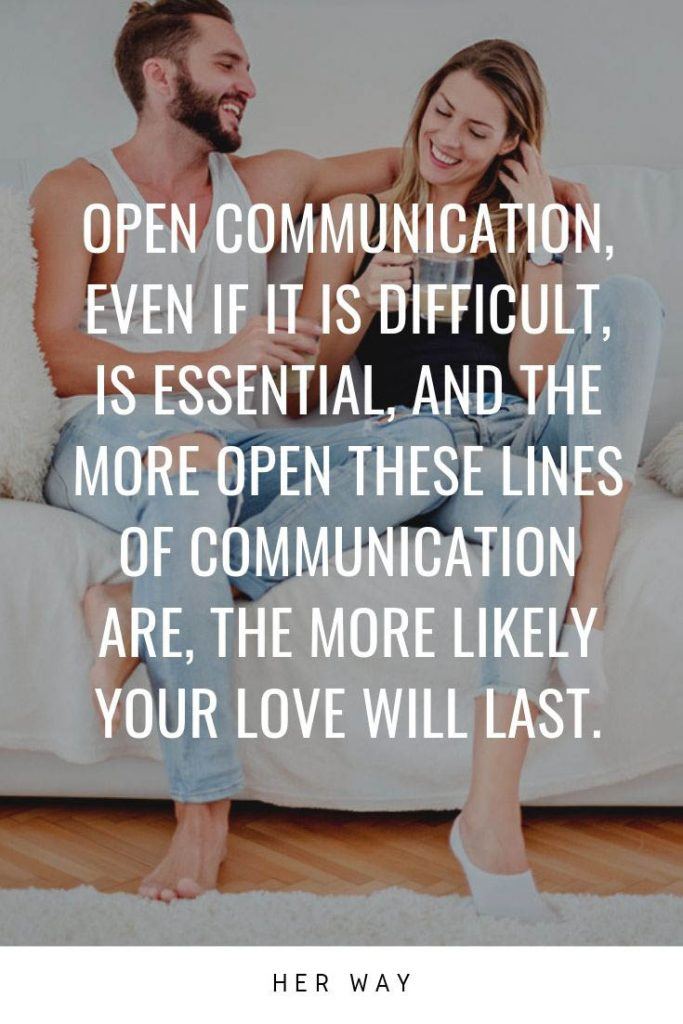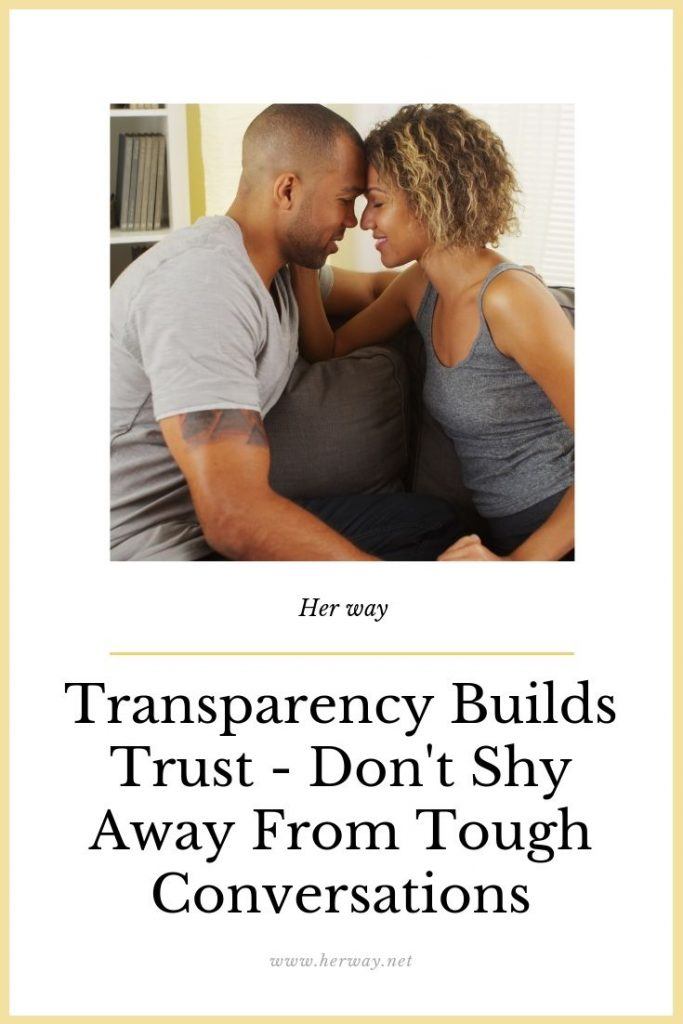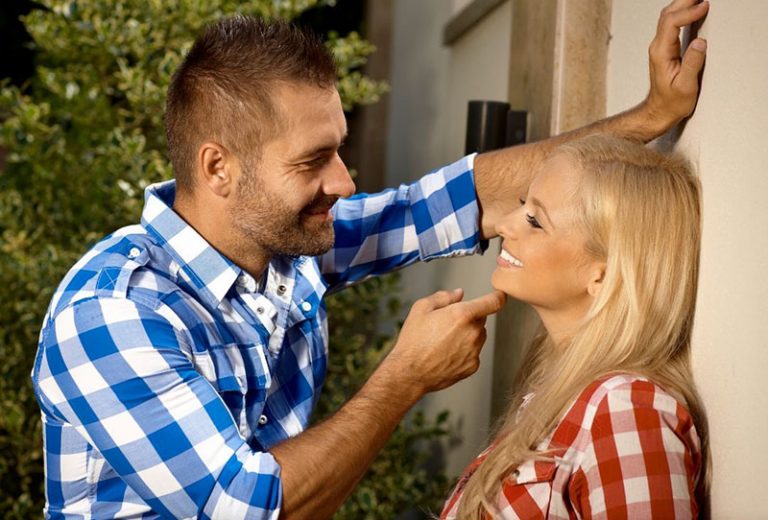Transparency Builds Trust – Don’t Shy Away From Tough Conversations
Do you suspect your partner may be hiding a bad habit, but you’re afraid of approaching him about it? If you’re thinking of moving to the next level, you’ll want to have as much transparency in your bond as possible. But sometimes it can be downright difficult to confront your mate about a behavior he may be hiding. And, not confronting him about it could mean that things will only get worse.
There are many proverbial “bad habits” that we look for when we start to fall for a significant other.
At some point, you may have even made a list of must-haves and a list of things to avoid when searching for a soulmate. Everyone’s list is different, but many of the must nots are typically similar. For instance, many people see laziness, procrastination, and other counter-productive traits as off-putting.
Others feel “weighed down” by partnering with someone who has little motivation and low self-esteem or can never see the bright side of things. Still others tolerate anything short of illicit drug use and physical abuse.
The problem is that by the time many of these things start rearing their ugly heads, it’s too late. We may have seen the red flags sooner, but little bits and pieces here and there rarely offer the full picture.
The only way to fully understand a person’s habits – good or bad – is by asking them outright about them. Even then, if people are being confronted about the bad, they may try to downplay negative traits, or they may not even realize they are doing these things. It’s a tricky subject.
Self-handicapping is when we choose not to approach our partners about perceived flaws. Researchers suggest that this is the biggest regret we will have in our relationships over time. This is because having detrimental secrets inadvertently revealed usually leads to distrust and keeps the partnership from moving to a meaningful level. Often, when secrets are finally uncovered, it’s in an unexpected or backhanded way, and this is not something a bond can easily withstand.
Some people are, by nature, more direct than others. But, when it comes to building a mutually beneficial partnership that will last, it pays to step outside of your comfort zone.
Open communication, even if it is difficult, is essential, and the more open these lines of communication are, the more likely your love will last. Not only are you establishing that it’s okay to talk about the tough stuff, but you’re showing each other that transparency is important. Transparency builds trust and is an integral part of a sustainable bond.

Of course, you may also discover in the process that there is something about the person you’re with that simply isn’t going to fly. If there is substance abuse, infidelity, or other selfish behavior happening behind closed doors, this is not a solid foundation to build upon. You can try to work through it, but be aware of the warning signs and possibly that these things will continue to happen.
If you confront your mate and find out that there is something happening that is not acceptable, it’s then up to you (and only you) to decide whether or not you’ll stay. It can be very difficult to rebuild lost trust.
Just remember, no one is perfect. You wouldn’t want to be held to this impossible standard, and you shouldn’t expect your partner to be either. You’re both human, and there’s likely a whole host of habits that you and your mate can easily change if it benefits the bond.
It’s not uncommon for people to modify their routines to accommodate life changes, and it’s certainly not uncommon for partners to want to change for their mates. It’s simply important to understand what’s changeable and what’s not, and to be patient and lenient with each other.
Approaching the situation from this point-of-view and understanding that everyone has character flaws which may or may not be part of your value system is vital. Everyone is different and everyone has “lived life” by the time they’ve reached adulthood, so they’re bound to come with “some baggage.”
At the end of the day, you and the individual you’re with both have free will. You can choose which issues to discuss, which to leave out, which are worth working on or if it’s better to just walk away. You can leave the relationship at any time.
It’s all about finding that perfect mix of imperfection that draws you in and makes it all worthwhile. You have to be compatible enough to be on the same page about the important things in life – your foundational values – and the rest is up for grabs. Don’t forget to enjoy the ride.








